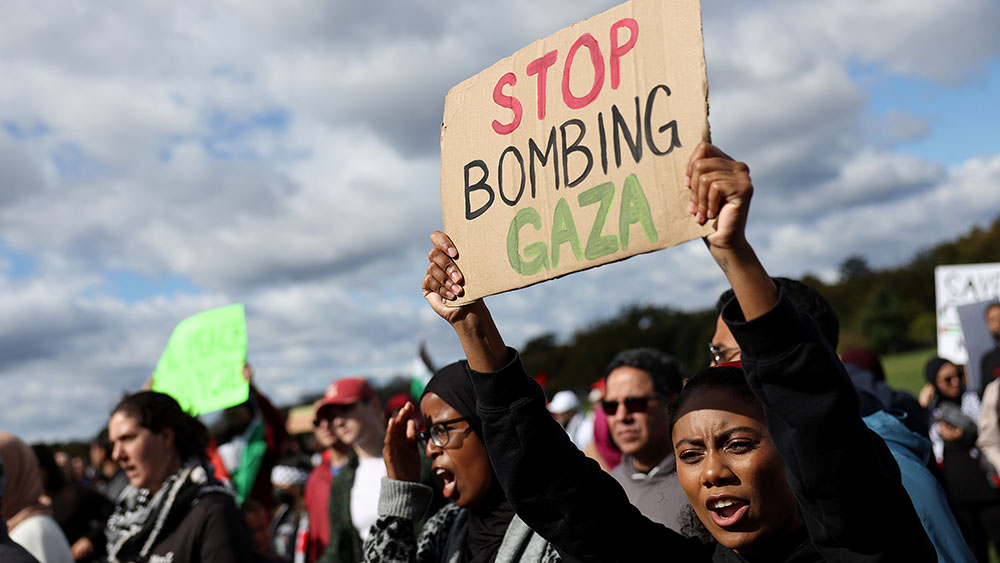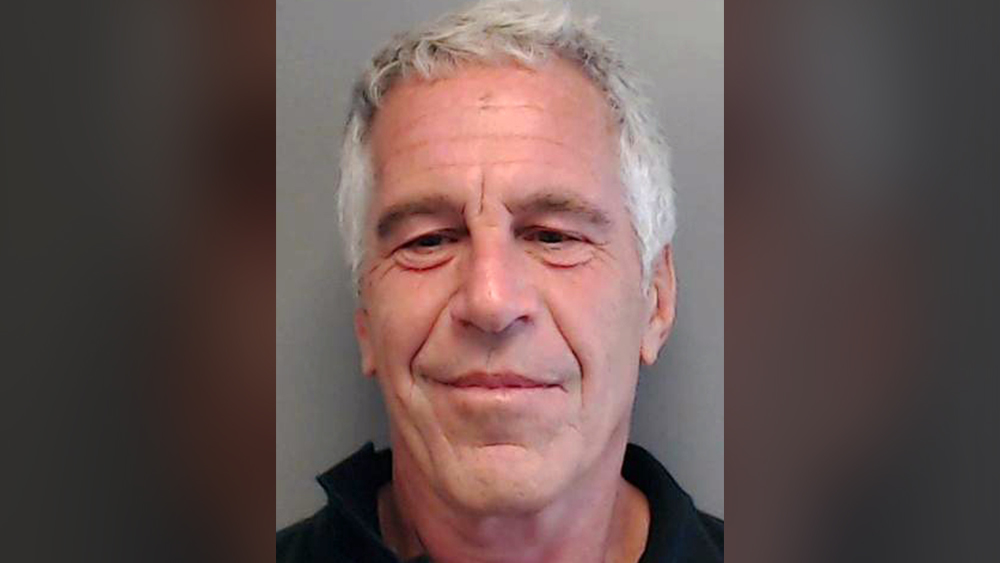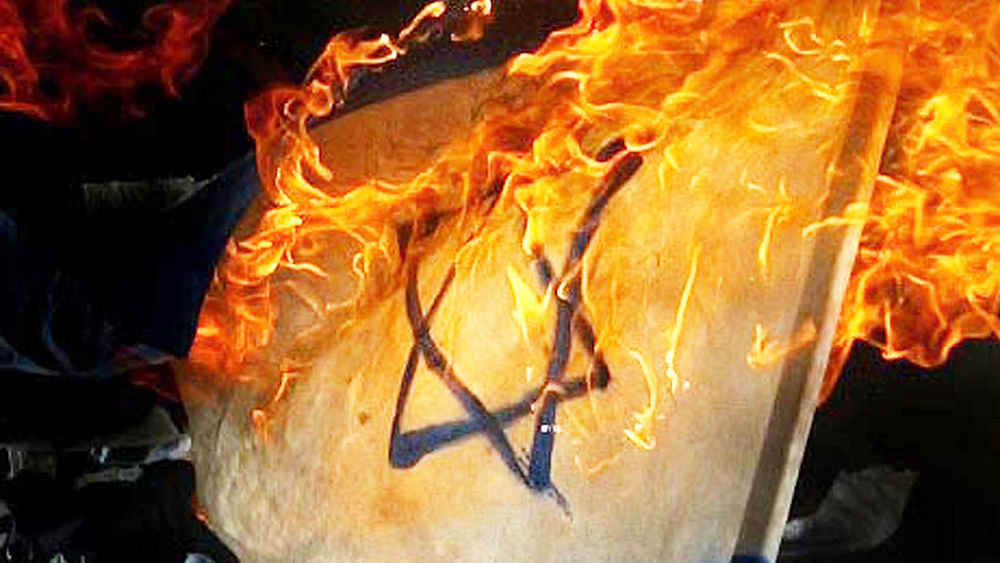 Parler
Parler Gab
Gab
- In July 2023, Columbia University took disciplinary action against nearly 80 students involved in pro-Palestine protests, suspending them for one to three years. The University Judicial Board (UJB), comprising professors and administrators, imposed the suspensions after a summer of deliberations.
- The Columbia University Apartheid Divest (CUAD) group criticized the punishments as excessively harsh for a teach-in and non-violent protest. CUAD accused Columbia President Claire Shipman of manipulating the disciplinary process by removing student members and faculty oversight from the UJB, leading to accusations of an unfair crackdown on student activism.
- The suspensions occurred amid heightened tensions on U.S. campuses due to pro-Palestine protests, which gained momentum after the onset of Israel's war on Gaza in October 2023.
- Columbia involved the New York Police Department (NYPD) in the protest, resulting in the arrest of 78 demonstrators. CUAD claimed that the NYPD's actions led to four students being hospitalized with concussions.
- The suspensions are part of broader issues Columbia faces, including the loss of $400 million in federal funding due to alleged failure to address antisemitism on campus. Columbia agreed to a $220 million settlement with the federal government and an additional $21 million to settle EEOC investigations.
Campus policing and allegations of brutality
The situation at Columbia was further complicated by the university's decision to involve the New York City Police Department (NYPD) in the protest. During the Butler Library takeover, the NYPD arrested 78 demonstrators. Columbia defended the decision, stating that the police presence was necessary to ensure the safety of the community. However, CUAD claims that the NYPD's actions resulted in four students being hospitalized with concussions. One arrested student reported being choked and repeatedly slammed to the ground, alleging that an officer attempted to gouge their eyes. These allegations of police brutality have intensified the debate over the university's handling of the protests and its relationship with law enforcement. The suspensions are not the only issue Columbia is grappling with. The university is also attempting to regain $400 million in federal funding that was revoked by the Trump administration. The administration cited the university's alleged failure to address antisemitism on campus as the reason for the funding cut. In response, Columbia agreed to a $220 million settlement with the federal government over three years and an additional $21 million to settle investigations by the U.S. Equal Employment Opportunity Commission. The university is also committed to adopting a new definition of antisemitism and implementing additional antisemitism training. However, the agreement fell short of some of the Trump administration's more stringent demands, such as a legally binding consent decree and a complete overhaul of Columbia's governance structure. Despite these concessions, the deal has been met with criticism from those who view it as an overreach by the federal government and a capitulation by the university.Student activism persists
Despite the harsh sanctions and the university's attempts to quell the protests, student activists remain undeterred. CUAD has vowed to continue organizing. "If this hearing was meant to isolate or shame, it has done the opposite," one student quoted on the group's Substack stated. "It has made us more clear: No sanction handed down here can expel principle." The student's reference to Basel al-Araj's words, "Join them, and don’t betray the question," underscores the resolve of the protesters. They argue that the sanctions have only strengthened their commitment to their cause and their belief in the importance of their activism. The situation at Columbia reflects broader tensions surrounding the Israel-Palestine conflict and the role of universities in addressing contentious political issues. As the university navigates these challenges, it faces scrutiny from students, alumni and lawmakers. Visit Resist.news for more similar stories. Watch the video below of "Health Ranger Report" about how conventional Christian churches have committed morality suicide by supporting genocide in Gaza. This video is from the Health Ranger Report channel on Brighteon.com.More related stories:
Former MEP condemns hypocritical EU for being “totally complicit” in Gaza genocide. U.K. police crack down on pro-Palestine activists amid rising tensions. UN accuses Israel of starving Gaza civilians as hunger deaths mount. Sources include: MiddleEastEye.net CUApartheidDivest.Substack.com NBCNews.com TheGuardian.com Brighteon.comAustralian Senate rejects age verification for search engine users in surprise bipartisan push
By Laura Harris // Share
U.S. targets Iranian elite’s global shipping empire in sweeping sanctions crackdown
By Cassie B. // Share
The Epstein and Israel timeline: An open and shut case
By News Editors // Share
Gaza famine: To be killed by an air strike is easier than watching your children starve
By News Editors // Share
The tide turns: More G7 nations abandon Israel, rallying behind Palestinian statehood
By Lance D Johnson // Share
Governments continue to obscure COVID-19 vaccine data amid rising concerns over excess deaths
By patricklewis // Share
Tech giant Microsoft backs EXTINCTION with its support of carbon capture programs
By ramontomeydw // Share
Germany to resume arms exports to Israel despite repeated ceasefire violations
By isabelle // Share










